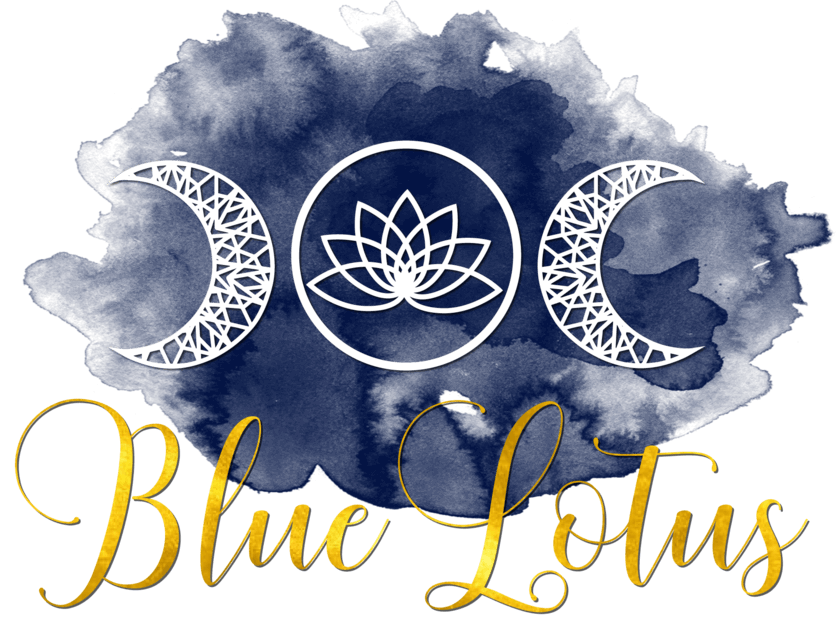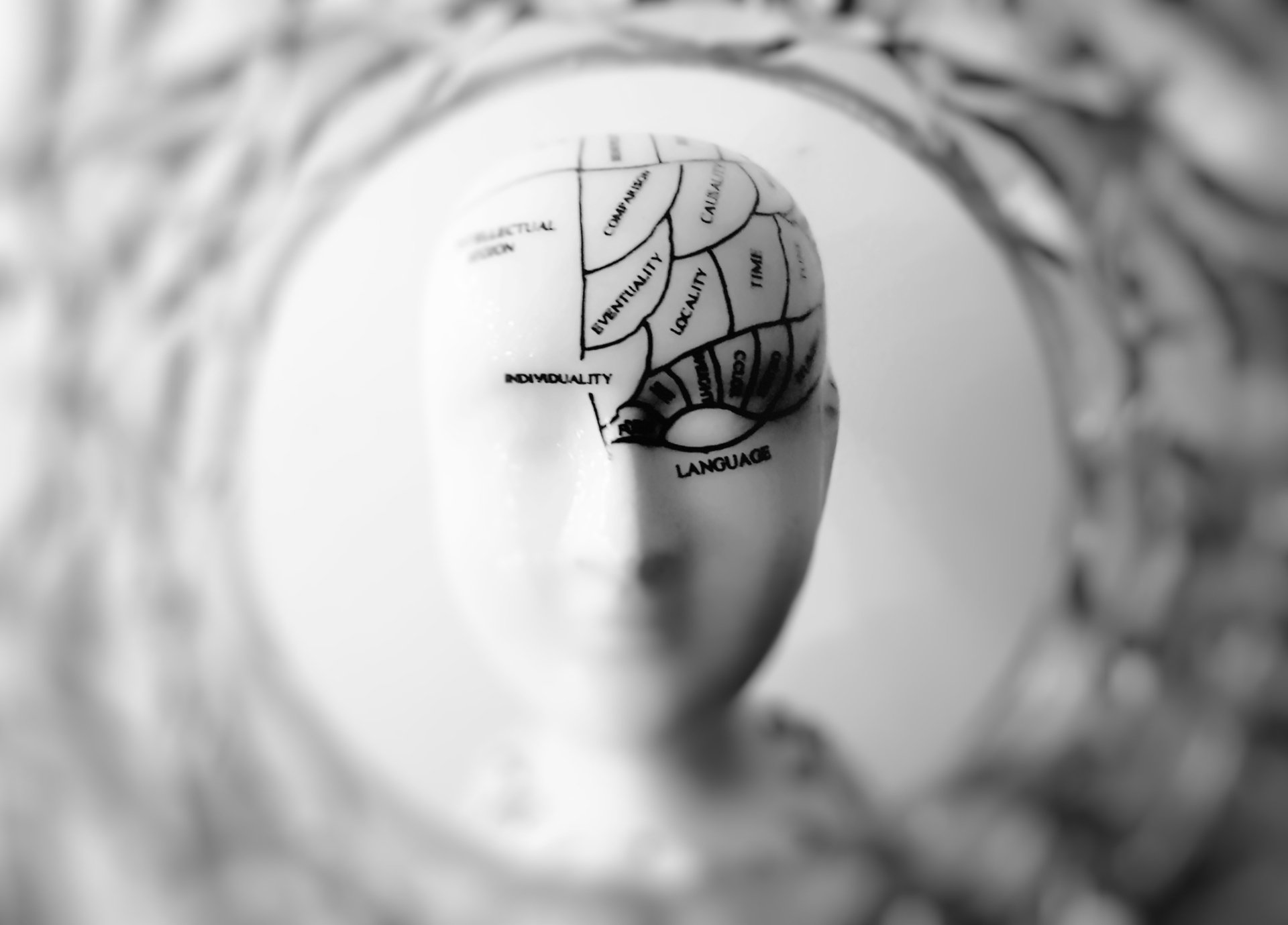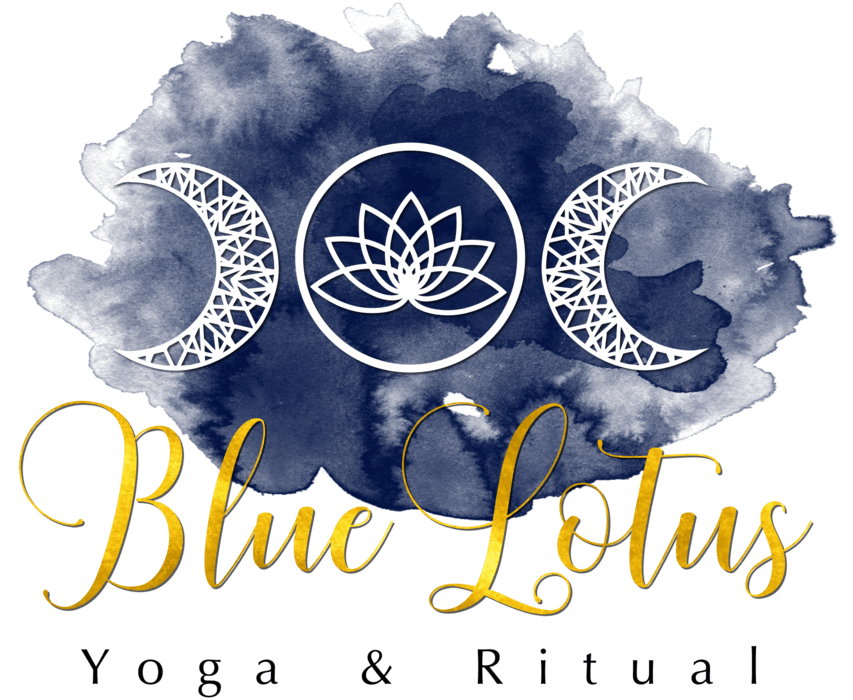5 Reasons to Meditate
& 'Emptying your mind' isn't one of them!!!!

Meditation is renowned for its myriad benefits, extending beyond stress and anxiety reduction. Research indicates its potential to uplift mood, foster healthy sleep patterns, and enhance cognitive skills. Essentially, meditation is a practiced discipline aimed at training the mind to concentrate and redirect thoughts.
The growing popularity of meditation stems from an increasing awareness of its multifaceted health advantages. It serves as a tool for heightening self-awareness and connection with one's surroundings, often employed as a stress reduction method and a means to cultivate focus.
Individuals also turn to meditation to instill positive habits and emotions, such as a more optimistic outlook, self-discipline, improved sleep, and heightened pain tolerance. Here are five compelling reasons to incorporate daily meditation into your routine:
-
Stress Reduction: Meditation is widely sought after for its stress-reducing capabilities. Numerous studies affirm its efficacy in curbing stress-related responses. Chronic stress triggers the release of cortisol, a stress hormone associated with detrimental effects like inflammation and disrupted sleep. In an 8-week study, mindfulness meditation specifically reduced the inflammation response caused by stress. Additionally, meditation has demonstrated effectiveness in alleviating symptoms of stress-related conditions like irritable bowel syndrome, post-traumatic stress disorder, and fibromyalgia.
-
Anxiety Management: A notable outcome of stress reduction through meditation is a parallel decrease in anxiety levels. A comprehensive analysis involving nearly 1,300 adults highlighted meditation's potential to diminish anxiety, with more pronounced effects in those with higher initial anxiety levels. Specific meditation styles, such as mindfulness meditation, have proven instrumental in reducing anxiety symptoms and improving coping mechanisms. Studies involving individuals with chronic pain also exhibited significant improvements in anxiety, depression, and pain following an 8-week meditation program.
-
Enhanced Emotional Well-being: Certain meditation practices contribute to an improved self-image and a more positive life perspective. Mindfulness meditation, for instance, demonstrated efficacy in alleviating symptoms of depression in a review involving over 3,500 adults. Another comprehensive review of 18 studies echoed these findings, revealing reduced depression symptoms in individuals undergoing meditation therapies compared to a control group. Additionally, participants exposed to meditation exercises displayed fewer negative thoughts in response to negative images in comparison to those in a control group
-
Fosters Self-awareness: Engaging in certain meditation practices can significantly contribute to the development of a heightened self-awareness, facilitating personal growth towards one's best self. Self-inquiry meditation, for instance, explicitly targets the enhancement of self-understanding and interpersonal dynamics. Other meditation forms teach individuals to identify potentially harmful or self-defeating thoughts. The underlying principle is that by gaining a deeper awareness of thought patterns, individuals can redirect them towards more constructive pathways. In a study, 153 adults utilising a mindfulness meditation app for two weeks reported reduced feelings of loneliness and increased social contact compared to a control group. Additionally, meditation experience has been associated with enhanced creative problem-solving skills.
-
Expands Attention Span: Comparable to weight lifting for physical endurance, focused-attention meditation serves as a workout for your attention span, enhancing both strength and endurance.Studies illustrate the positive effects of meditation on attention. For instance, individuals who listened to a meditation tape displayed improved attention and accuracy during a task compared to those in a control group. Another study demonstrated that regular meditation practitioners outperformed non-meditators in a visual task, showcasing a greater attention span. Furthermore, research suggests that meditation may have the capacity to reverse brain patterns contributing to mind-wandering, worrying, and poor attention. Even short daily meditation sessions, such as 13 minutes, have been shown to enhance attention and memory after an 8-week period.
*Research take from a Health Online article and medically reviewed by Marney A. White, PhD, MS, Psychology, by Matthew Thorpe, MD, PhD and Rachael Ajmera, MS, RD
In class this block we have been using several different techniques....I truly believe that everyone can meditate but we just need to find a tool that resonates with you! So do shop around for a teacher or online practice that you increases your curiosity and you find some benefit from. Of course the practice of sitting isn't always easy. There is struggle. So don't go in search of 'easy' or 'perfect'.....There's no such thing!
The Insight Timerapp can be useful as there's the basic timer if you're confident with the tools you've learnt in class & lots and lots of guided meditations too.
Do make sure you are sitting comfortably. Yoga Mattershave lots of meditation props to choose from if you're opting not to sit in a chair.
Some folks (inc me!) prefer to meditate in the morning, some before bed and others alternate between the two. Consistency definitely helps though. So it doesn' t matter when you do it, just try to do it at the similar time each day and then its more likely to become a positive habit.
If you need more assistance getting started in a daily practice, give me a shout!












